The Cloud Computing Technology, ¡Trends for 2018, stay in the forefront!
This article is part of the chain I started several days ago with ''Technological trends to consider this 2018'', today we are going to talk about 'Cloud Computing' or Congnitive Cloud'.
If something has made clear this 2017 is the power of union of computing in the cloud.
In the last years, when talking about adopting cloud computing, it was not presented as a reality for companies. While the first wave of cloud was more related to cost issues, today the discussion changed and the concern of the companies ceased to be if they adopt cloud computing becoming a reality.
The pace with which all industries are currently moving, makes this adoption a survival issue, especially when talking about hybrid models that offer endless advantages from private, public or hybrid projects.
A global IBM survey, carried out with more than a thousand executives from 18 industries, points out that almost all the companies surveyed are using the cloud, but only in some areas of their business. 78% of respondents say that their initiatives in the cloud are coordinated or fully integrated; while 34% said the same in 2012. The numbers will continue to grow, although at the moment, by the end of last year, half of the workloads remained in the current facilities, with dedicated servers.
As companies continue to benefit from the integration of their local infrastructure with the cloud, they increase their investments in new workloads in public clouds. Clearly, the cloud - and especially the hybrid cloud that deals with the combination of public and private clouds, or with physical infrastructure - is becoming the ideal platform for innovation.
Living in this scenario, today we¿'re going to number the five emerging trends that are becoming key for the transformation of companies in 2018:
The rise of Cognitive Computing will be driven by the cloud
An increasing number of the things we depend on - both in personal and professional life - is the growing ocean of data that surrounds us. In fact, 80% of the world's data is essentially "dark" and unstructured; collected and stored by computers, but invisible and unusable from the perspective of the analysis. Cognitive systems, available through the cloud, are helping to process all this data.
The servers, storage and software are being built on a hybrid cloud platform, which enables cognitive solutions more quickly. This is possible thanks to the cognitive computer systems that can understand, learn and reason. Looking to the future, the cognitive solutions available through the cloud will continue to drive new experiences and transform entire industries, from financial and retail services, to airlines and health.
Blockchain allows greater confidence in value chains through the cloud
One of the most exciting technological advances in recent years is, without a doubt, Blockchain, the first global and peer-to-peer platform for commercial and personal transactions.
Blockchain is a distributed ledger - also known as an accounting book that records blocks of information - reliably and protected by advanced encryption, which makes the system as secure as possible and fail-proof. Only a closed circle of participants has access and each party can only see the information that is allowed within a transaction.
More and more companies and organizations are opting for Blockchain and it is estimated that the application of this technology in global supply chains can generate savings of more than US $ 100 billion per year.
The best systems are built in a scalable way, are widely accessible and consumable such as APIs or cloud solutions.
Cloud computing "without servers" is eliminating the complexity and cost of application development
An emerging technology called "serverless computing" makes the use of virtual and physical servers completely invisible to developers.
This technology - offered in the cloud - is beginning to unravel the competitive advantages that change the game for organizations of all sizes and the rest of this year we will see more companies take advantage of their benefits, including the reduction of development time and lower cost .

The cloud will strengthen the security
There is no week in which we do not read news about IT (Information of Technology) security breaches that affect businesses, governments and citizens. And security issues continue to appear as a major inhibitor to the adoption of cloud computing.
In the coming months, new cognitive capabilities will accelerate the transformation of perceived security vulnerabilities in the cloud. They will generate hypotheses, reasoning based on evidence and recommendations to improve decision making. As a result, cognitive security will help address the lack of current capabilities, accelerate responses and help reduce the cost and complexity of dealing with computer crime.

The transformation of culture is driving the way to the cloud
As more organizations adopt the cloud, the journey will require a transformation that goes beyond technology. Researchers, developers, startups and organizations must adopt a culture change that prioritizes the user experience and improves collaboration, the freedom to experiment and a keen business approach.
Now, we will see more IT companies creating real physical spaces - innovation centers or garages - where talent is attracted and nurtured, and small teams can come together to learn new skills and collaborate on innovations.
We still have to live with emotion how cloud platforms will accelerate innovation and the key role that information technology plays in the transformation of business and society.
This is it for today, don't go without leaving a comment with your opinion. ¿Will this 'Cloud Computing' technology success in 2018? ¿Or is it gonna pass away unnoticed?
Always a pleasure, @michaelizer.

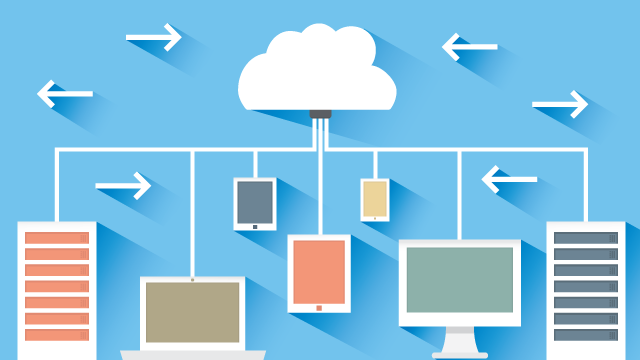
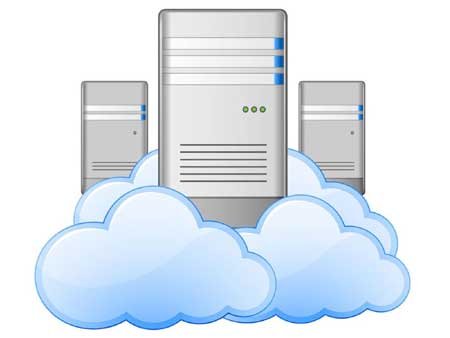
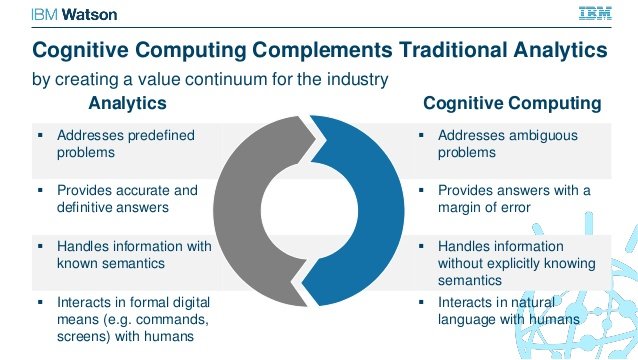

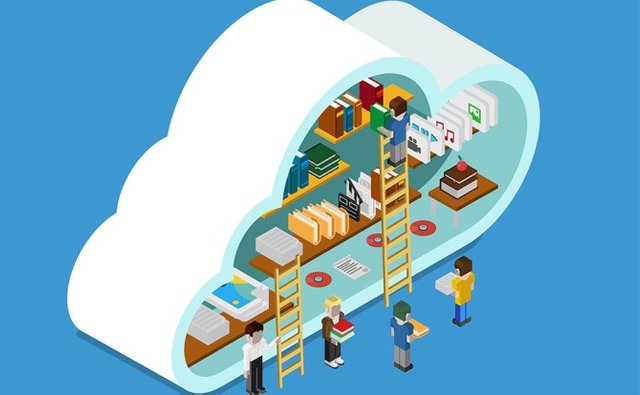
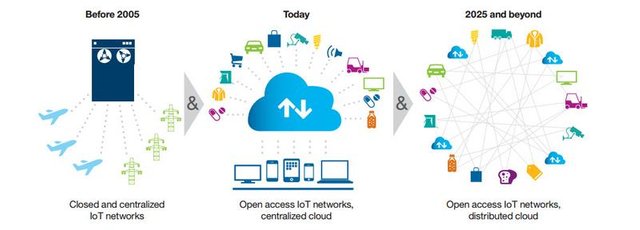
I do believe we will see alot of traction in 2018 with regards to cloud computing, look at AI, Machine Learning, major strides are being done in these areas, blockchain is taking over fintech and govtech (in some areas).
What is your take on quantum computing?
You motivated me to write about quantum computer, tomorrow you will see the English version of the article. Thanks for the Idea and for reading, I'll tag your username in the tomorrow post. Cheers.
Informative post... Sounds like we're really advancing in technology.
Indeed, thanks for reading. Previous posts have more information about what's comming, cheers.
How do you think GPU computing will factor into this? I think we are only just at the beginning of harnessing the power of cloud processing.
Nvida and Bunkspeed are working on a GPU-powered cloud that enables collaborative and interactive 3D experience on laptops, tablets and even smartphones. We are indeed, enjoy the sunrise.
So I'll be able to play Fallout 4 just from a monitor with an internet connection and no processing power of its own?
with a very powerful internet connection, that's the idea. Are you ready? lol
My kind of subject, Yes I believe in cloud computing but think it will be a gradual growth kind of thing. First the hype and then comes the gradual adoptation.
Hahaha couldn't say it better, Thanks for reading. ✌ 👍
I think cloud computing is the future. With fast enough internet speed we could rent processing power from other people and make things load faster in our devices.
I think there is even a crypto that does something similar, and the Xbox one also has a similar system.
Very interesting subject for sure.
Nvidia is already doing something like that, taking GPU from the cloud 🌧. Thanks for reading mate